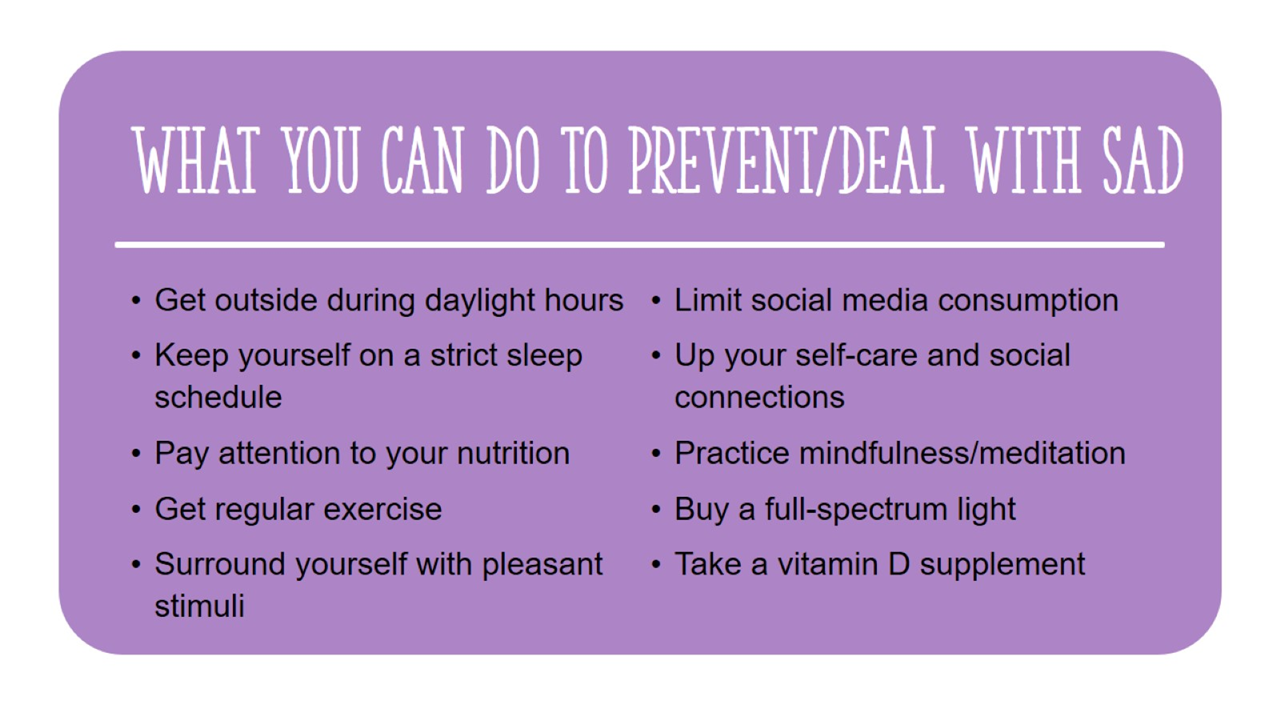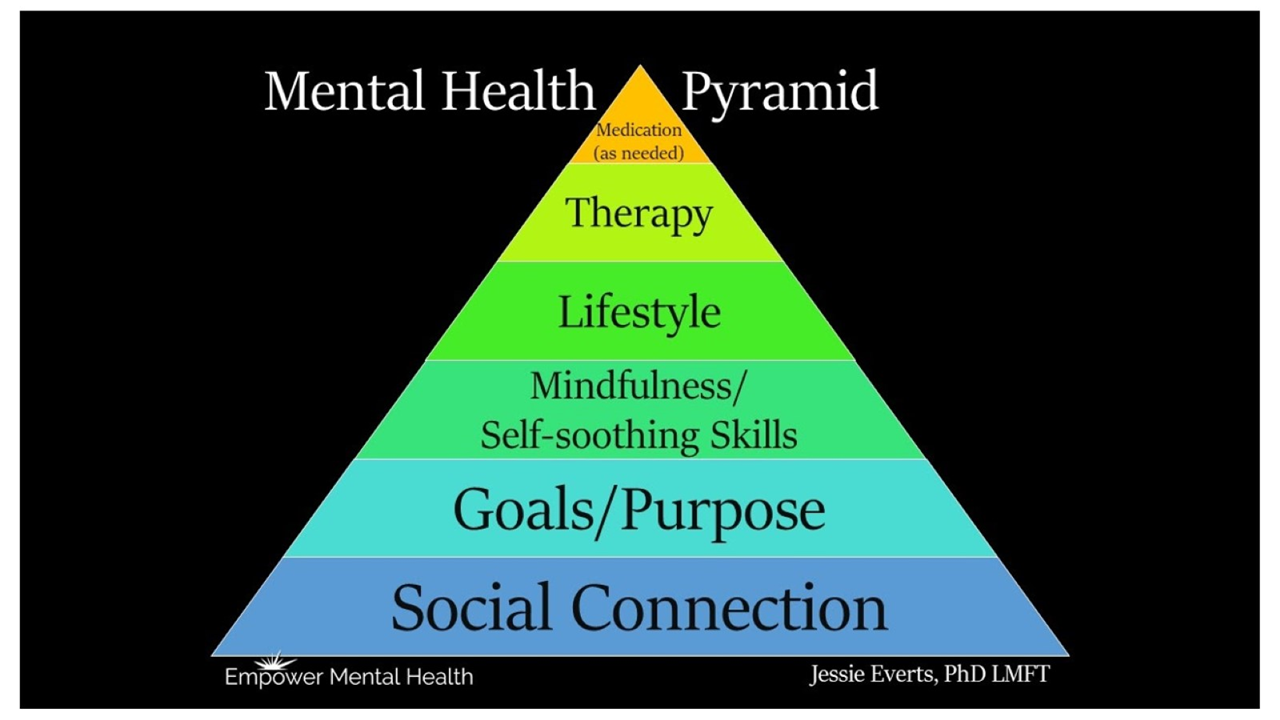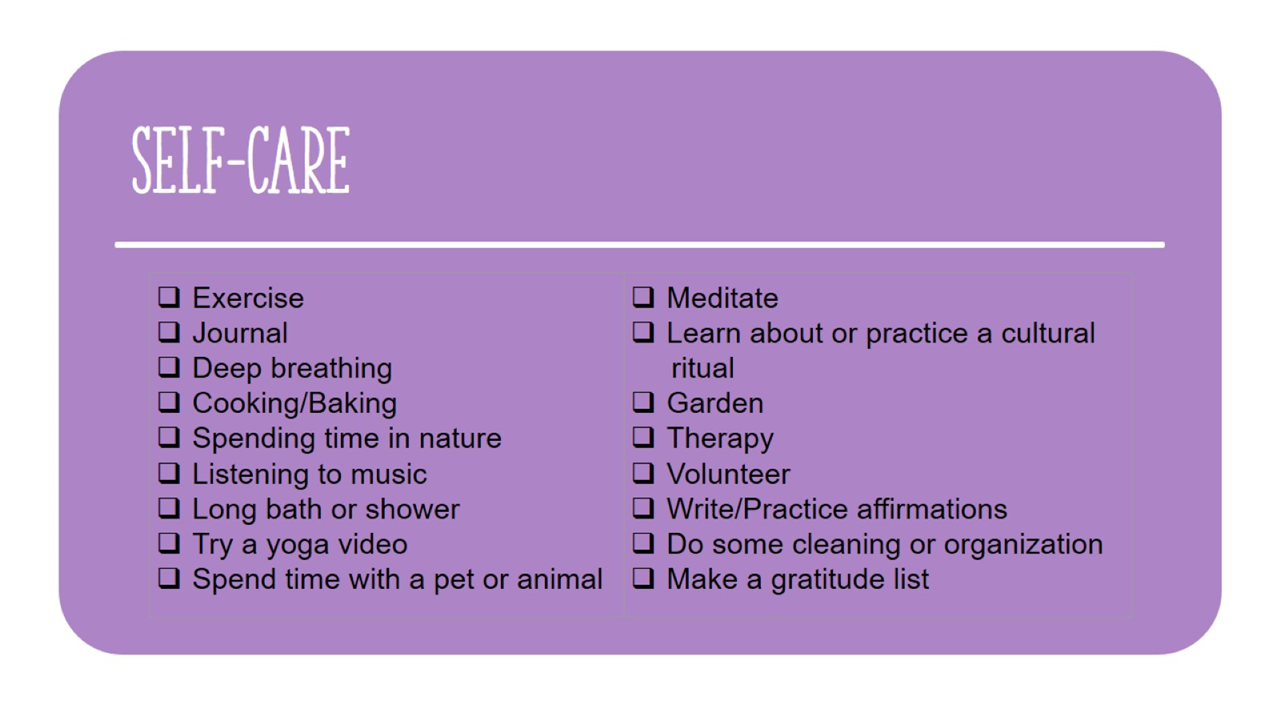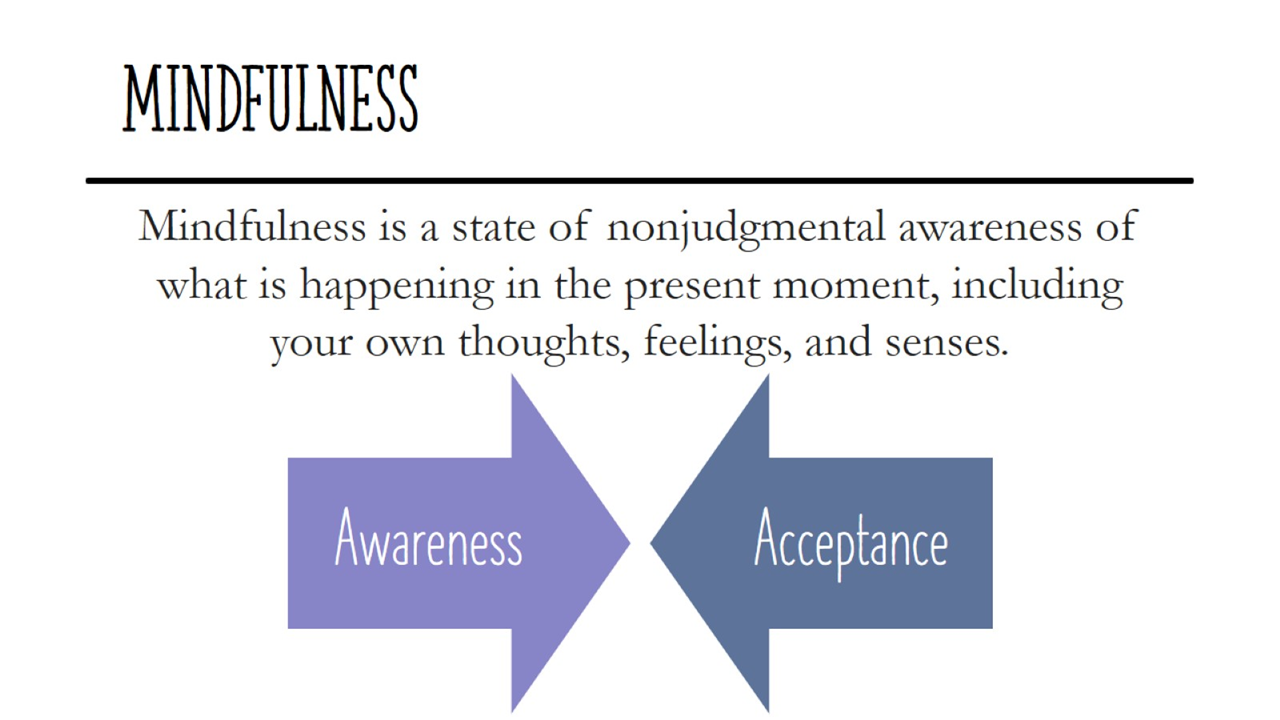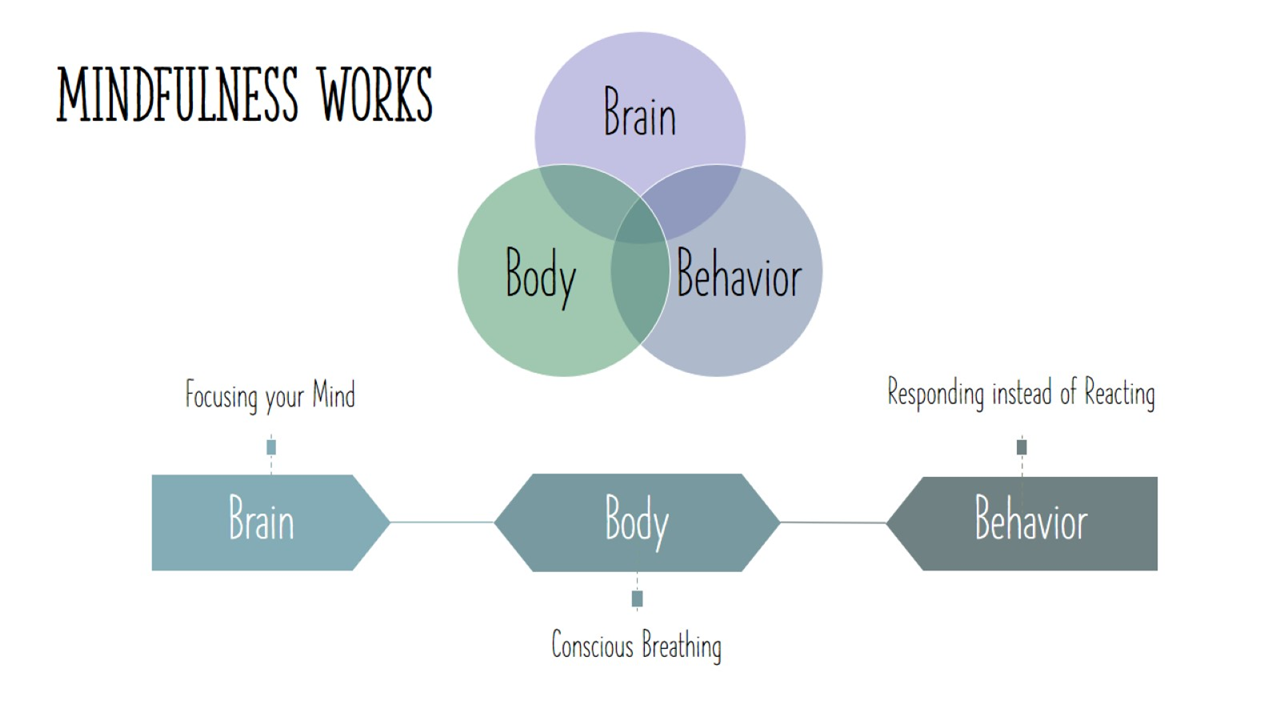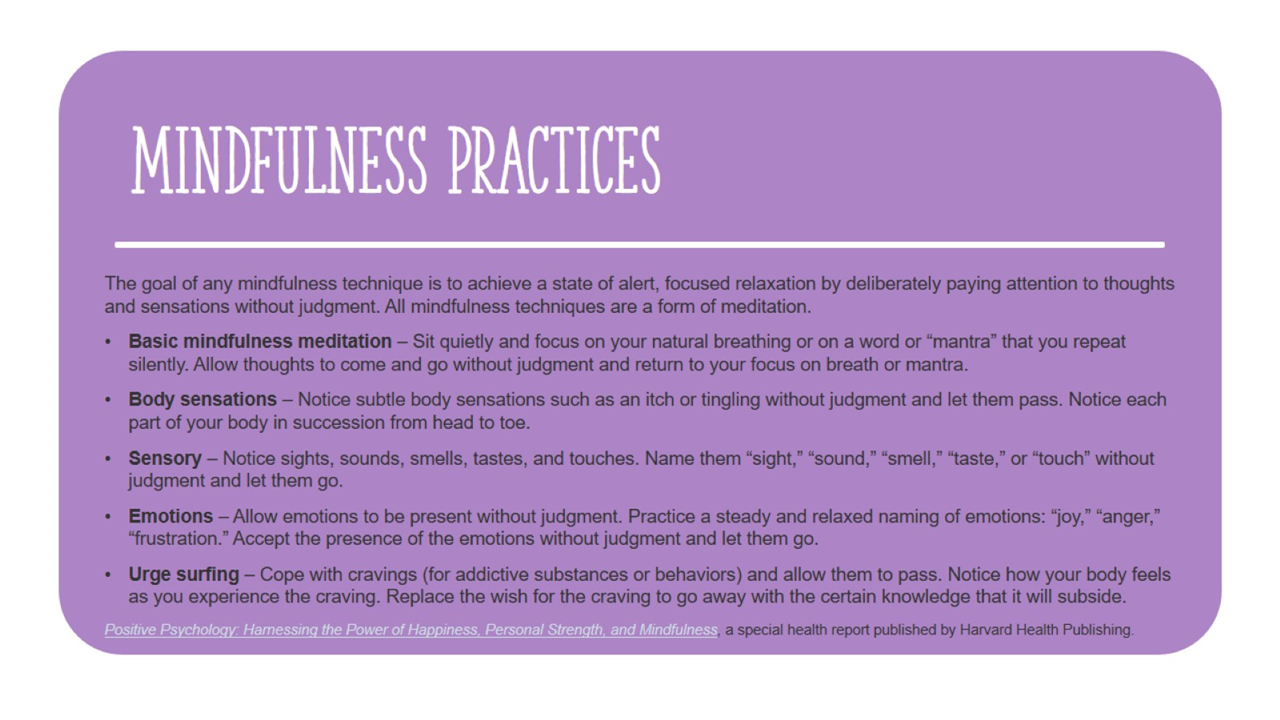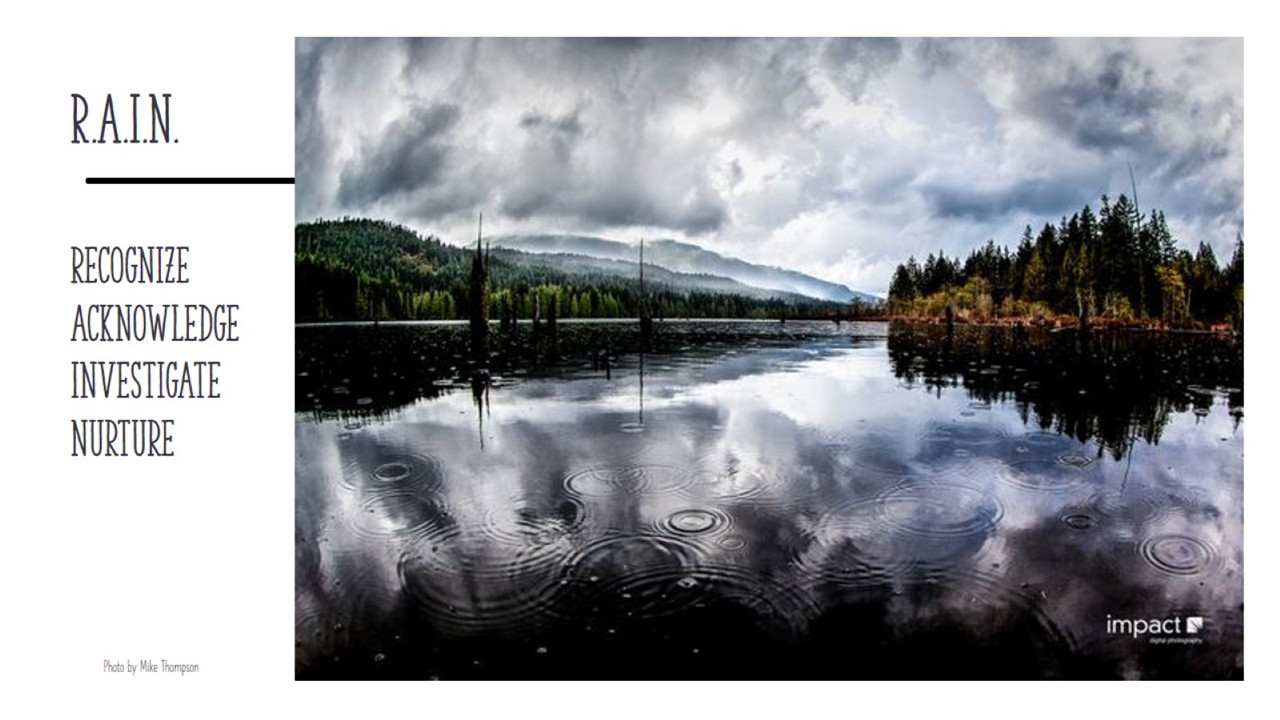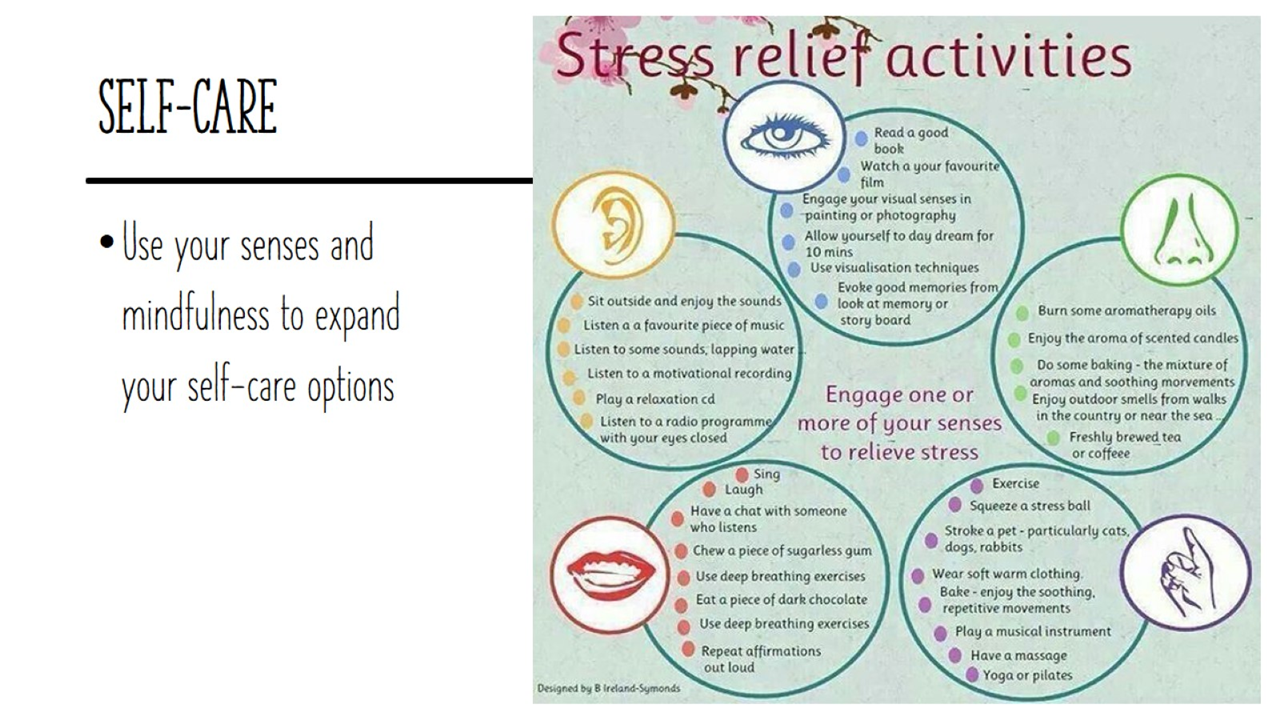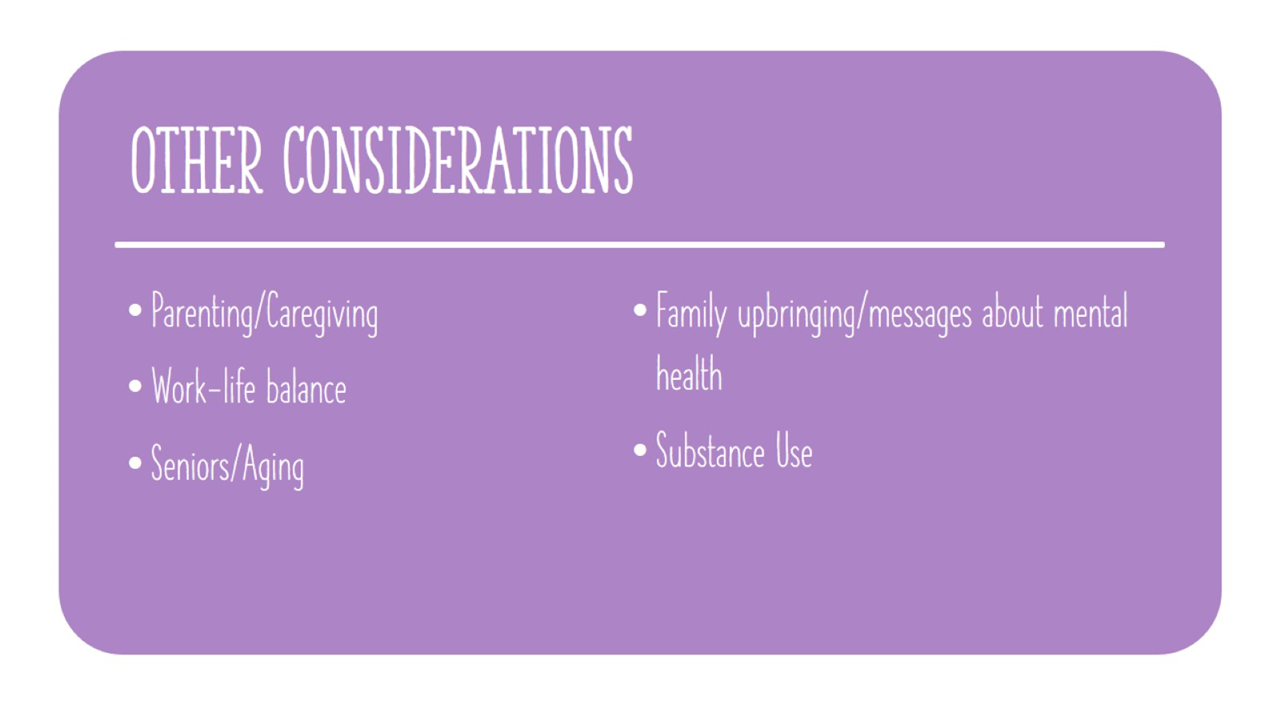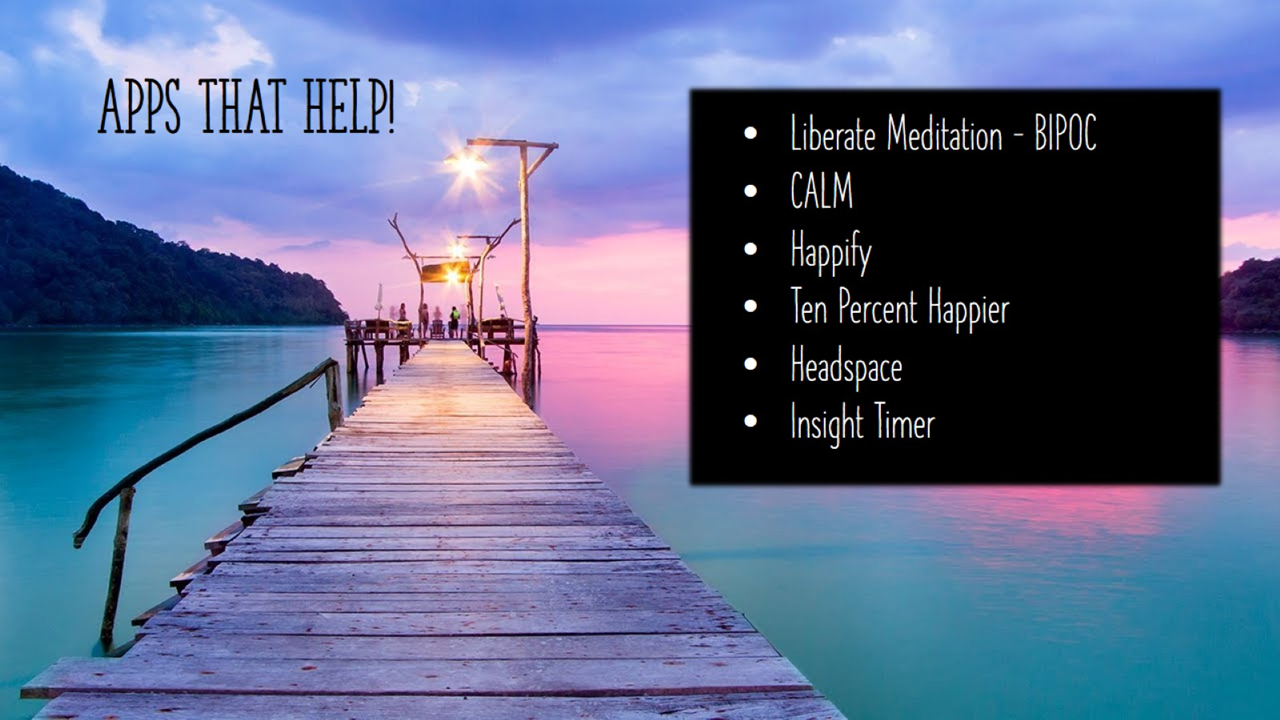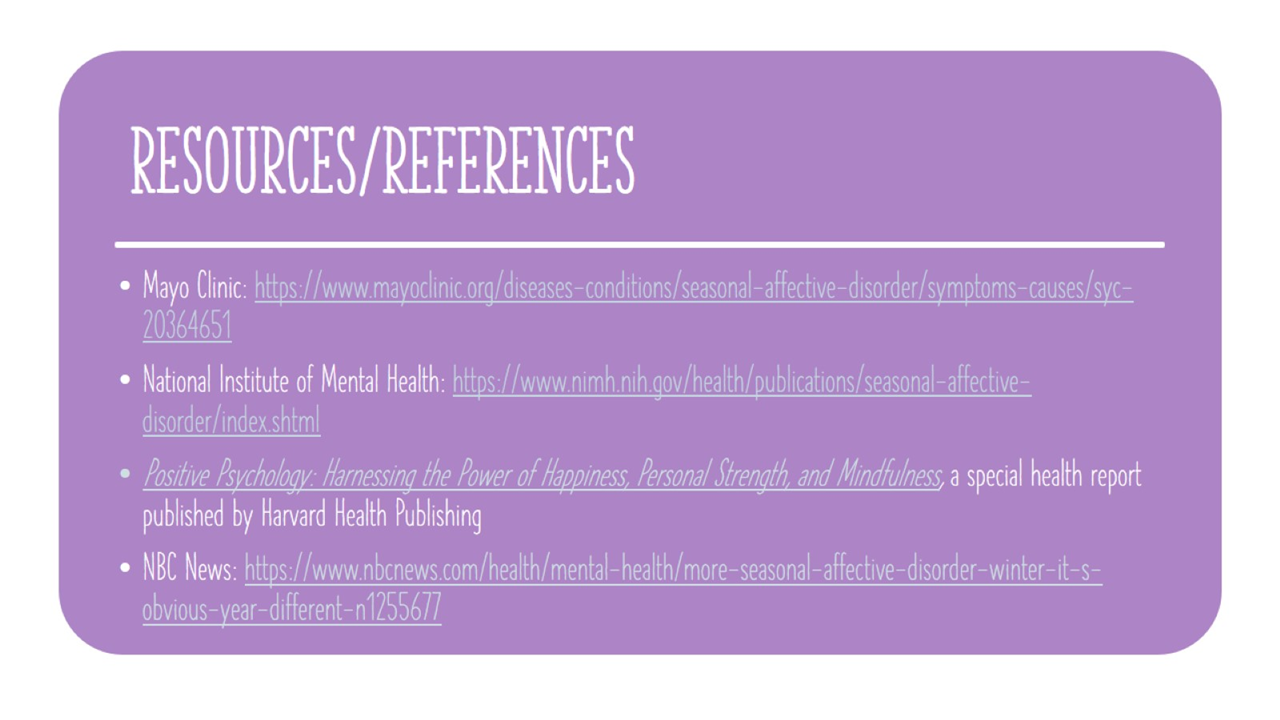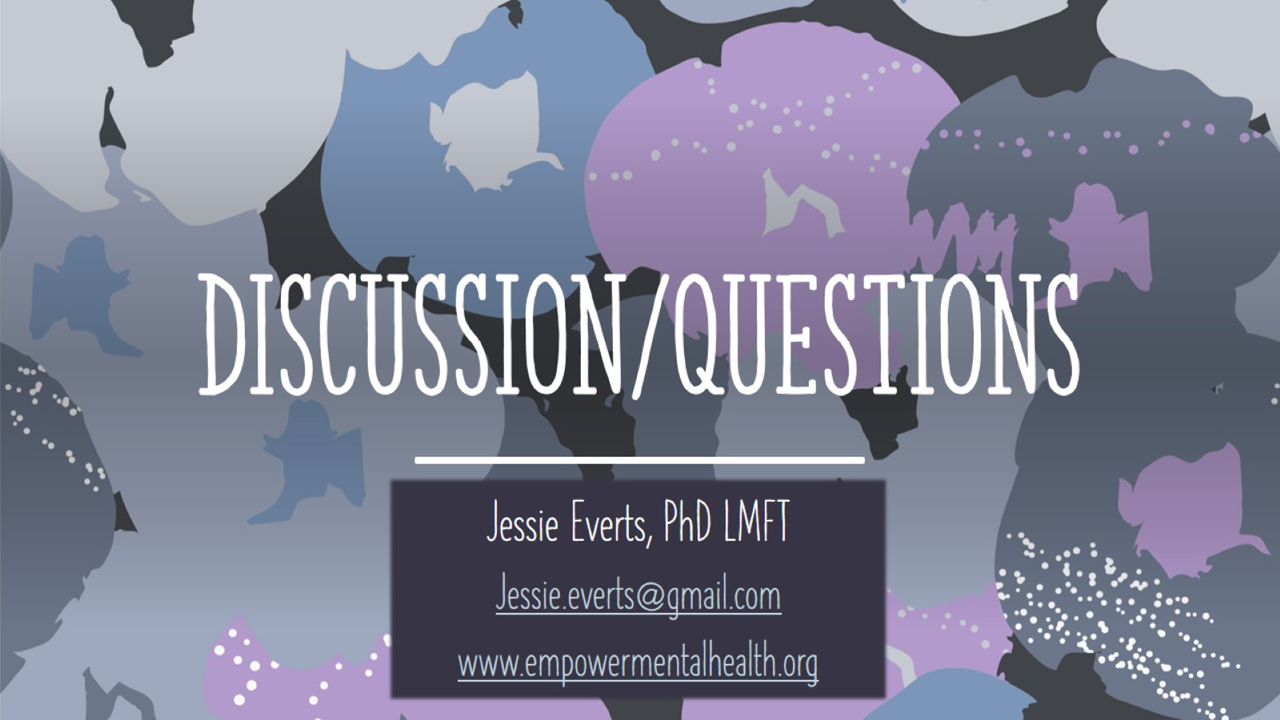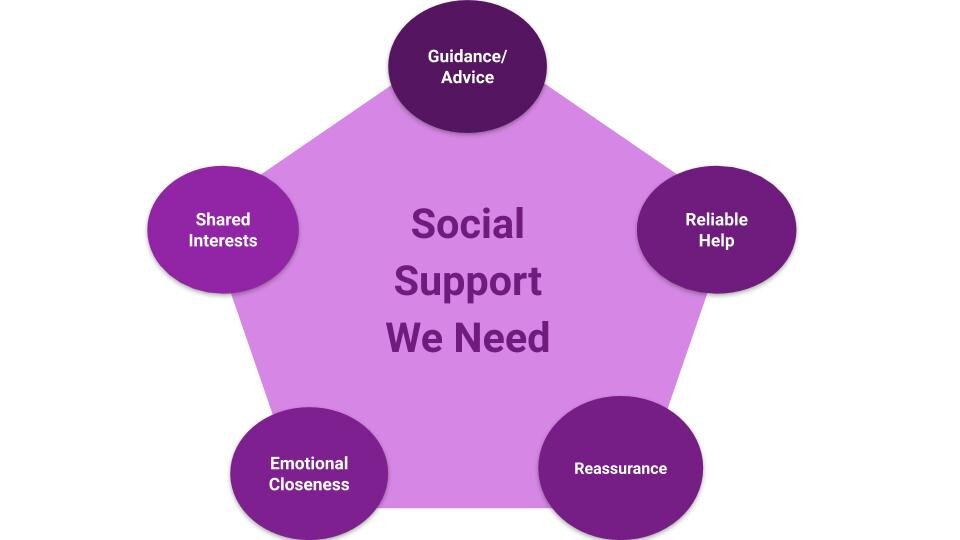I hope that you will enjoy this post that I did for Wild Tree Wellness on Loneliness, the other Pandemic: https://wildtreewellness.com/loneliness-the-other-pandemic/
The Books are Coming!
It has been such a whirlwind time of book releases (two in a week!), that I’d love for you to check out the news over at BraveNewMom.org: https://bravenewmom.org/the-books-are-coming/
Connecting with Loneliness: A Guided Journal
Guess what? I have a new book!
Dear friends,
After a LOT of hard work behind the scenes for the past several months, I'm so excited to finally announce that I have a new book coming out! Connecting with Loneliness: A Guided Journal is for anyone who has struggled with loneliness. This past year, that may be many of us! The book is full of self-reflection exercises and activities designed to help you feel more connected and fulfilled.
My favorite part of writing this book was knowing how many might benefit from being able to do something to feel better after being lonely or isolated. I know you’re going to love it.
Learn more about the book and pre-order a copy here!
Brave New Mom preorder and support
Hi all! My new book Brave New Mom: A Survival Guide for Mindfully Navigating Postpartum Motherhood is available for preorder or support through Kickstarter now!
I would love if you'd share to your own networks so we can get the word and the books out there to new moms who need it!
More about the book: Brave New Mom is a mindfulness-based approach to new parenthood that encourages self-exploration, self-compassion, self-care, and connection. It incorporates findings from research on postpartum mental health, practices for feeling your best after having a baby, and a warm and compassionate voice for and with new mothers everywhere.
So many thanks to this group for your support in the process and I’m so excited to share the book with you!
More a Little SAD
As I’m watching weather-related emergencies happening all over the US this past few weeks, something occurred to me: As we have more unprecedented weather events, parts of the country who aren’t usually at risk for Seasonal Affective Disorder (SAD) might be experiencing more of it and not know what to do.
I’m sharing a presentation I gave recently on the topic and would love to answer any questions or comments that I receive at empowermentalhealth@gmail.com.
Brave New Mom coming soon!
Brave New Mom: the book is arriving this spring! It’s a labor of love and I hope you will stay tuned for updates so you can share it with a Brave New Mom you know!
Stress and the Window of Tolerance
We’re all under a higher baseline amount of stress lately, due to COVID, isolation, winter and seasonal depression, world tensions, and ongoing transitions in work and family life. When we have higher levels of stress, our “window of tolerance” becomes very narrow. That means that our stress hormones are overacting, and we can be easily pushed into unhelpful coping strategies like anxiety or agitation, or numbing/dissociation.
Window of Tolerance
Here are some ways to widen your window of tolerance and stay in the more optimal part of your stress response, where you feel present, grounded, and able to regulate or tolerate your emotions:
1) Practice mindfulness – Even doing a quick, 2-minute grounding exercise where you check in with your five senses and pick out:
5 things you can see
4 things you can touch
3 things you can hear
2 things you can smell
1 thing you can taste
. . . brings you out of your overactive anxious thinking and back to the present moment. Staying present as much as possible makes it easier to notice and allow for whatever you’re feeling, rather than scrambling to do something about it or try not to think about it – which only makes it feel worse.
2) Up your self-care – Use mindfulness and awareness of your senses to build in extra care when stress is higher. Take a break. Walk outside (even if it’s cold). Have a candle lit or music playing. Stroke a pet. Give yourself small gifts of time and pleasure and allow yourself to really feel relaxed and happy – on purpose – throughout your day.
3) Write yourself a compassionate message – When you’re stressed, you might not be the kindest to yourself. Think about what words make you feel better about yourself, and write them somewhere you will see when you need that reminder. You’re doing your best. You’re dealing with a lot. You’re going to be okay.
4) Set a boundary around your stress – give yourself real, practical time away from stressors like work, school, parenting, etc. This might mean not checking your phone or email during a certain time. Taking a drive by yourself once in a while. Journaling about what you’re grateful for before bed instead of working right up until you fall asleep. Giving yourself time when the stress from each of your different roles/demands isn’t running the show.
Read the words in the “Window of Tolerance” box and think about what makes you feel that way. Consider how you can give yourself more of those feelings and experiences to widen your window and feel better about how you’re coping with stress.
Pandemic Motivation
Self-Motivation might be the only thing we have these days, as this pandemic rages into its second calendar year and many of us have been self-isolating for ten+ months. Maybe you’re like me, and viewed the first few months of the pandemic as an exhilarating challenge – Let’s see how this goes to teach two kids and work from home! Look at all the artists doing fun craft-from-home videos! A short-lived period where my second-grader made a lesson plan for my preschooler was a big win!
Now we’re more than over it.
So let’s talk about how to keep your motivation up when there aren’t a lot of external rewards for doing the things.
1) Make your list: Write down a reasonable amount of things you want/need to get done just today. Reasonable is the key! For me, about 8 things is reasonable – and that includes the zoom meetings, errands, even small tasks like “figure out how to renew a driver’s license in a pandemic.” It also includes the small steps in what might be a big task, like a work project. Write down the pieces that you absolutely think you can accomplish in the one day.
2) Set yourself a reward: Our brains don’t want to work for nothing – that reward pathway is there for a reason! Make sure you have something to look forward to after you finish those tasks. It could be a fun activity, a walk, a meal or dessert, or a phone call with a friend. If there are some big or dreaded tasks on your list, make sure you plan a small reward after you complete that – maybe just a break to stretch your legs, a snack, or some music or movement.
3) Give yourself credit: At the end of the day, whether you got everything done or not, recap to yourself and feel some gratitude for what you were able to get done. Focus on what you did well. Think ahead to tomorrow and how you might adjust your expectations of yourself. Practice some self-compassion around anything that didn’t go well – you did your best. You’ll try again tomorrow.
4) Connect: If you don’t live with others, put some thought into how connected you feel to others. This is a really isolating time, and if you don’t have built-in interactions throughout your day, you might have to plan them out. If a phone call, text exchange, or video chat is not your favorite, put it on your list of tasks and the reward yourself when you do it! While we might be feeling resentful that we’re not able to connect with others spontaneously or the way we would prefer, we will benefit if we push through and do the connecting anyway – ideal or not.
Here are the key pieces to staying motivated during hard times:
- Time-limited – one day at a time, one task at a time so we don’t get overwhelmed.
- Realistic – lower your expectations to what you are capable of doing during a global pandemic, not your usual high standards.
- Reward-oriented – don’t expect yourself to work for little or no rewards! Figure out how you like to celebrate your wins and do it more often for yourself.
- Connected – recognizing we need that social interaction, however we can get it.
I hope you will write your own suggestions for keeping your motivation up in the comments so we can help each other out!
What do we mean by Social Support?
Social support and connection are so important to every one of us. Especially now, with a pandemic that demands physical distancing and a politically charged society that has created rifts in many families, we need to gather and use our social supports. But what does that mean exactly? Here are the main types of social support we all need:
(c) Jessie Everts, PhD LMFT 2021
You might have one person who meets all of these types of support for you - awesome! You might need several different people, each of whom gives you one of the essential types of support. If you don’t have support in a certain area, you may want to reach out and find it - i.e. a therapist for guidance/advice, or an online group around a shared interest.
Also important to think about is whether there are people in your life who do not offer any of these kinds of support. It might be a family member or old friend from your past. If you do not receive any of these types of support from someone, they are not actually part of your support system. You might benefit from setting more firm boundaries with those who ask for support from you but do not provide any in return.
In tense times, we need our supportive people around us more than ever. Bring yours to mind, keep in contact, and think about how you can offer support to others around you who need it.
Pandemic New Year
We are all doing the best we can. This has been my motto for a long time, and it feels magnified right now, as this pandemic rages on into its second calendar year. We’re doing the best we can for a tenth month of worrying about exposure, working from home, acting as parents-slash-educators, and coping with heightened stress all the time, add on holidays and new year expectations.
My hope is that we bring into the new year gentler expectations, of ourselves and everyone else. We are surviving. That is enough. I hope that you give yourself praise every single day for surviving. If you manage to do more than that some days, maybe even wearing real pants or saying something thoughtful in the zoom meeting, then I hope that you celebrate big.
First step toward gentler expectations? Stop comparing. It doesn’t matter how well it looks like someone else is doing at this. A) You don’t have the whole story, and B) no one is winning any prizes for coping the “best” right now. We are all surviving, in our own unique, challenging, amazing ways. When you recognize that you’re comparing yourself to someone else, or setting resolutions or goals based on someone else’s standard: Stop, Drop, and Roll. Stop making equivalencies between your struggles and someone else’s. Drop the idea that there is a “right,” “wrong,” or “better” way to do this. Roll with your own emotions, and allow them to inform you of your next step. What would make YOU a little happier, in this moment? What is YOUR hope for yourself? What are YOU grateful for, in your own life?













